Wednesday Investigations [2.16.2]: End-of-year reflections, part two
Reflections and distractions
Here’s the one where I write up some lists for you.
For a long time now, I’ve tracked my yearly reading with some kind of annual reading log, which usually leaves me well-placed to talk about a “favorite book of the year” or something like that.
Unfortunately, in recent years I’d taken to maintaining these reading logs in the form of long threads on Twitter, and when the repellent ideologue Elon Musk took over that particular platform I eventually decided to get out of there and move over to Bluesky. (I may one day move off of Substack as well, given their track record of making… the worst possible decisions about who to support and who not to support.)
Regardless, I joined Bluesky early enough that they were still having trouble getting threading to work well (it still doesn’t work exactly as I’d like) and so I elected not to do a reading log for 2024. Yes, with a little investigative work I could probably reconstruct a rankable reading history for you, but instead I’m going to tell you what I’m reading right now, here at the end of the year. Turns out it’s kind of a lot of books simultaneously? This is not that uncommon for me (it’s hard for me to, say, get on an airplane without carrying three or four different books) but here at the end of 2024 it really feels like it has reached a nearly absurd critical mass. But, in the name of having a good time, I turned this circumstance into a Bluesky engagement-fishing meme:
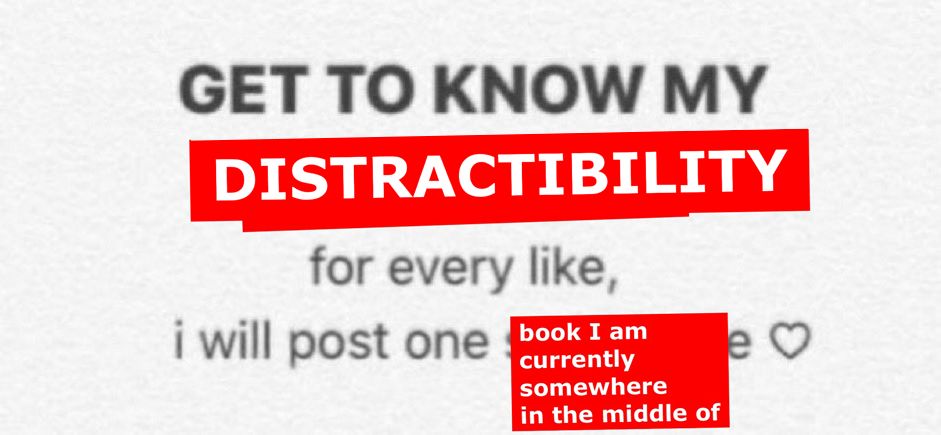
I did this earlier this week, and ended up counting twenty books, which I present to you here along with the notes I posted to Bluesky (lightly edited):
Infinite Jest by David Foster Wallace. Re-reading this for the first time since the 1990s. I will admit that I prefer DFW’s short stories and essays to his novels, but this still an achievement that anybody who loves postmodern literature has to reckon with at least a few times in one’s life. It’s also the only novel that I'm currently in the middle of, so if you’re here for the fiction recs, you can scroll all the way down to No. 17 for some short stories.
Feasts by Holly Prado. A book-length prose poem, with a proto-autofiction feel? Hard to track down, but worth the hunt. The only person I've ever seen talk about this is the person who first published it (in 1976!) —you can read his post, which is what got me interested in this book, here.
The San Francisco Tape Music Center: 1960s Counterculture and The Avant-Garde by David W. Bernstein (ed.). I wrote about this when I was researching Mills College (RIP) back when I interviewed Maya Weeks for this newsletter in 2023.
Nilling: Prose Essays About Noise, Pornography, The Codex, Melancholy, Lucretius, Folds, Cities and Related Aporias by Lisa Robertson. Technically this is prose, like it says on the tin, but prose at its most lyric and delirious. Fans of her terrific Occasional Works and Seven Walks from the Office for Soft Architecture will like this one too.
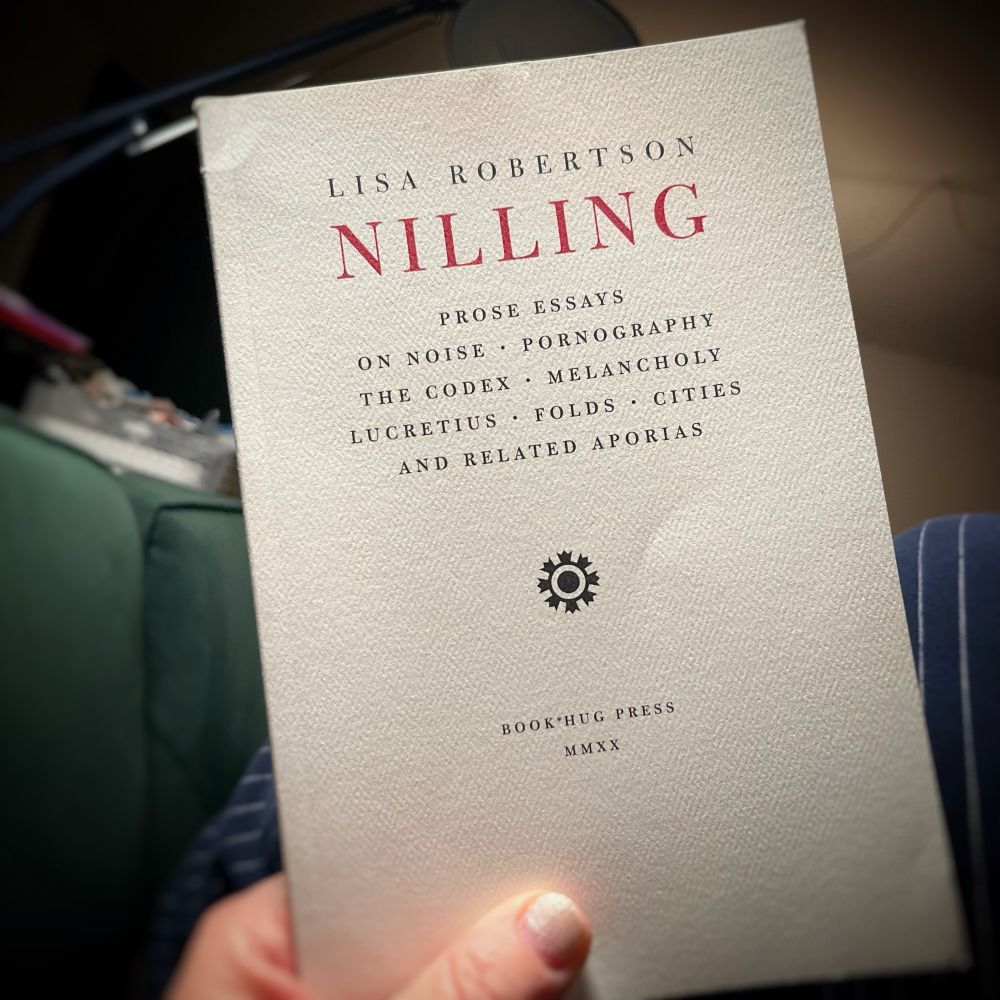
The Holy Grail by Jack Spicer. 49 poems in a single serial structure. Spicer: “Robin [Blaser] once said, in talking about a serial poem, that it’s as if you go into a room, a dark room. A light is turned on for a minute. Then it’s turned off again and you go into a different room where a light is turned on and turned off.” This book is that experience, kinda.
Left-Handed Blows: Writing on Sound: 1993-2009 by Bruce Russell (of the Dead C). Digging in to the vein where Marxist/Situationist theory meets improvised soundwork. I dug up a print version of this, though it was not easy to find. It’s downloadable as a PDF, though, in a bundle with "Access to Evil," a 13-minute noise/found sound track.
Life-Destroying Diagrams by Eugenie Brinkema. Not too far into this one but every page has been an intellectual adventure, and I say that without hyperbole. It’s plainly the product of a world-class polymath mind, the kind of book that makes you realize that no matter how smart you are there’s always someone way, way, smarter. So far it’s concerned itself with… the paucity of adequate writing on the formal affordances of horror, though the back cover copy promises an exploration of “how diagrams, grids, charts, lists, abecedaria, toroids, tempos, patterns, colors, negative space, lengths, increments, and thresholds attest to formal logics of torture and cruelty, violence and finitude, friendship and eros, debt and care.”
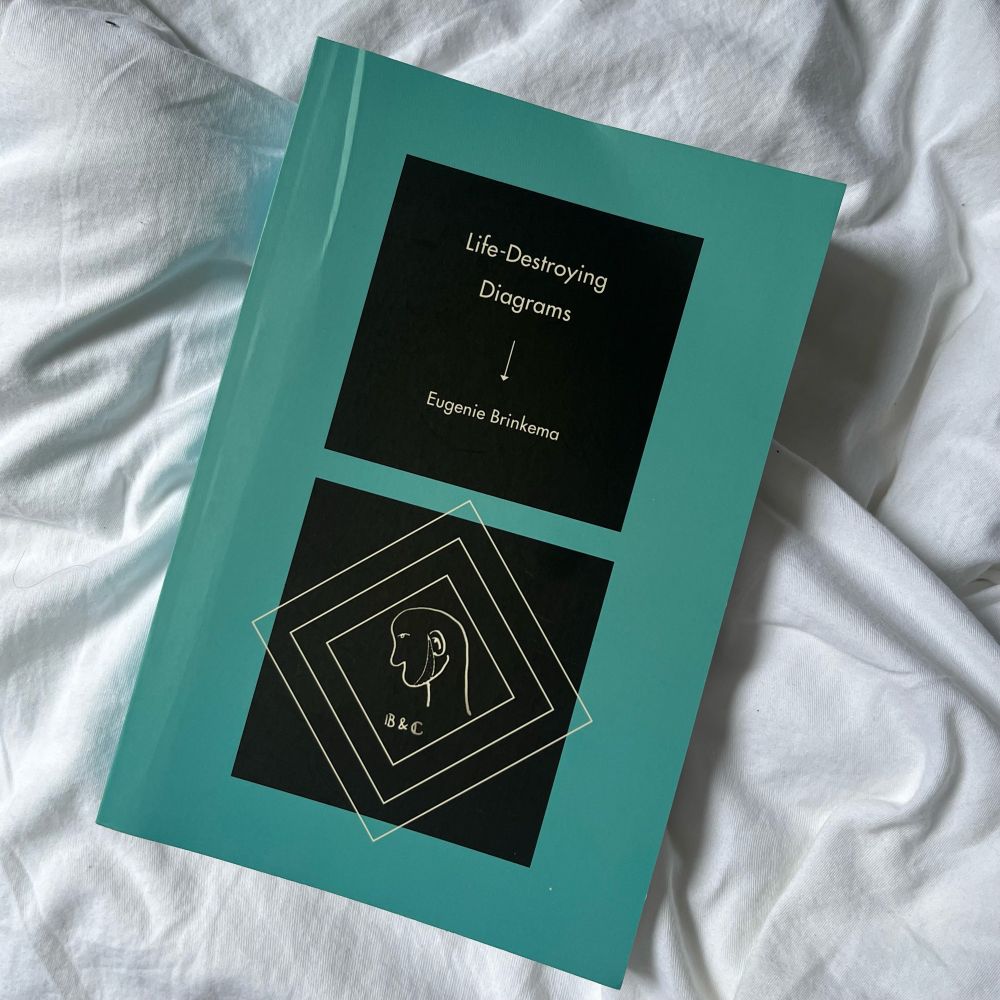
Frostbite: How Refrigeration Changed Our Food, Our Planet, and Ourselves by Nicola Twilley. My fridge died when I was reading this book; it took 100 days to work out getting it replaced. Don’t ask!
Publics and Counterpublics by Michael Warner. Warner’s The Trouble with Normal is pretty well known in queer theory circles but I never see anybody talk about this book, which is too bad. It constitutes various attempts to develop the discipline and methods necessary to understand distinctions between modes of address among strangers conjoined along different discourse-axes. I feel like this topic is profoundly relevant for the mid 2020s!
Total Syntax by Barrett Watten. Watten is a guy I preemptively blocked on Bluesky for bad conduct that is well documented, but if you’re looking for uncut insights as to what the Language poets thought they were up to circa ‘84, this book is invaluable for that. (I got it from the library, just in case you’re worrying that my money is going to some harasser.)
Frame (1971-1990), also by Watten. OK, this one I did buy, but used! My ethical purity is intact, intact I tell you.
100 Notes on Violence by Julie Carr. Good poems about bad stuff; a re-read. This came on my radar because it won a contest judged by Rae Armantrout, who is maybe my favorite living poet. I re-read Veil, Armantrout’s 2001 “new and selected” volume, sometime earlier this year.
A Princess Magic Presto Spell by Lisa Jarnot. If constraints on your time (parenthood) made it so you could only write three words a day, could you still write your first ever book-length poem? Jarnot says “yes.” The work is great, and because it’s from Flood Editions, the cover and design are also both impeccable:
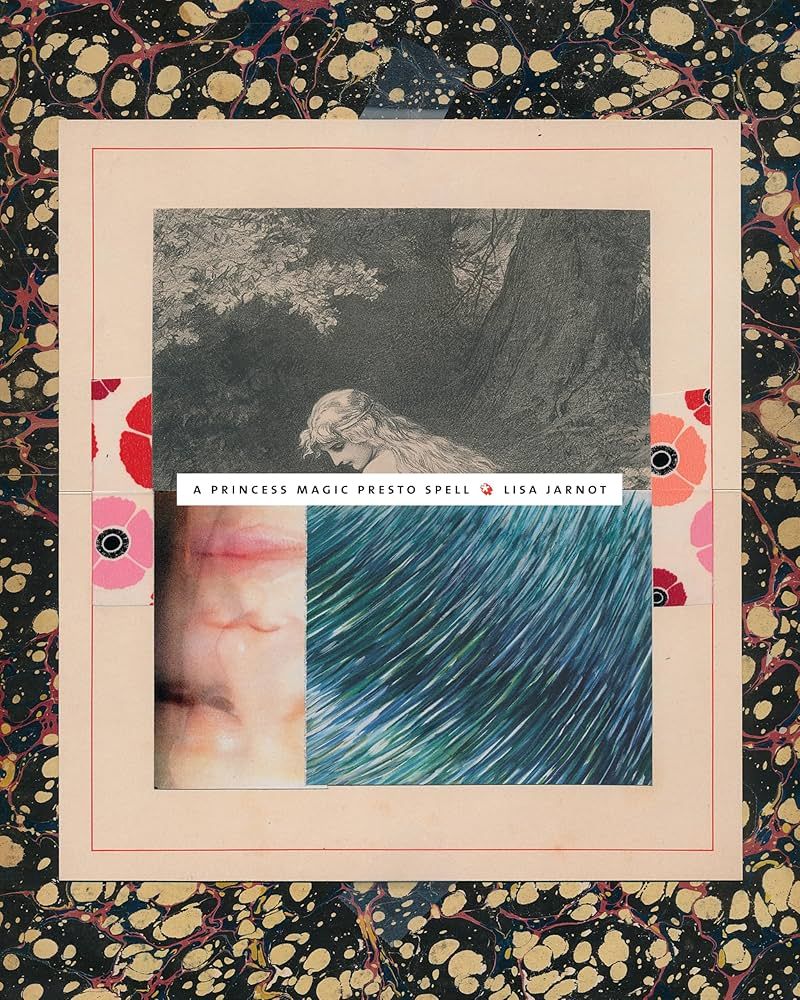
Forms: Whole, Rhythm, Hierarchy, Network by Caroline Levine. Interpreting texts in terms of the overlapping arrangements that constitute them. Wide-ranging, pretty neat.
Night Philosophy by Fanny Howe. Some of this book is poetry, and some of it is philosophy, and it's a bit tricky to tell when you're moving from one to the other, which makes this book confounding, but also thrilling.
Earth is Best by Peter O'Leary. These poems have a sort of "what if your religious studies professor took mushrooms" vibe (complimentary). It has a section in the back called “mycopoetics” lest you think I'm joking. It's also the middle of a trilogy. O’Leary describes the trilogy briefly here and lists a lot of interesting-looking books about astrology.
Seven Empty Houses by Samanta Schweblin. I'm two or three stories into this, which I probably started around Halloween cause Schweblin is a finely "uncanny" writer. I like it, but I find it taking a back seat to just about everything else on this list.
Ecstatic Religion: A Study of Shamanism and Spirit Possession by I. M. Lewis. This is pretty interesting, but the case studies get a little repetitive as the book goes along, so I'm not sure I'll finish.
Grain Vapor Ray: Textures of The Anthropocene (various). I've barely started this and I only have the first volume (from the library). But it looks cool on my office desk at least.
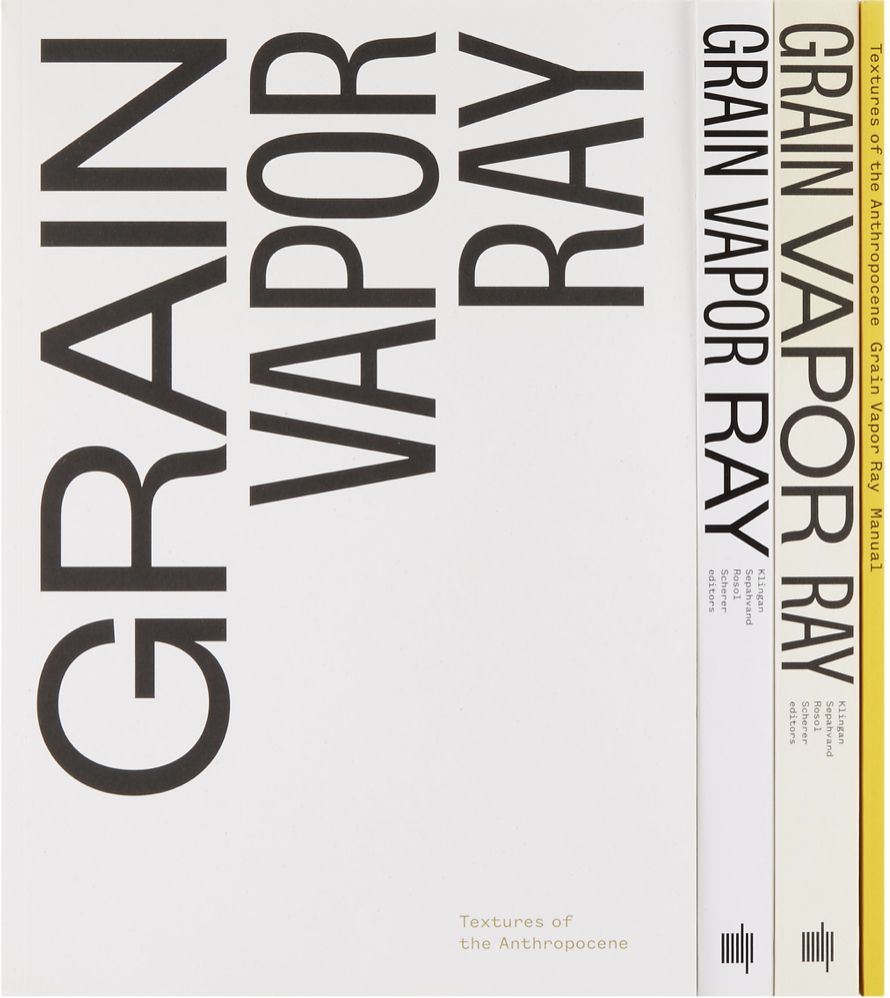
Ten To One: Selected Poems by Bob Perelman. I’ve been reading this on and off for about two decades, though currently I’d say I’m in “on” mode (the book’s off the shelf and by the bed; let’s put it that way). I like most of the Language poets, and Perelman is definitely an important one, but I feel a little less “grabbed” by his work than by the work of his contemporaries, so I never quite gather enough steam to punch through a long, career-spanning collection. I have read (and can recommend) a shorter volume of his (The First World).
So yeah. I might feel despair about the future, but when I glance over that list of books, I see a tremendous amount of intellectual and creative energy, and not only in the older books. It’s encouraging! Similarly, I had to note this year, that, despite economic and global conditions growing increasingly difficult for musicians, 2024 was a really wonderful year for music.
So allow me to share my top ten(-ish) 2024 albums, arranged more-or-less alphabetically. I’ve also provided some links to buy if you are so inclined:
andrew cs, caught in pointers. I interviewed andrew cs back in April of this year, so you can see some of my thoughts there.
claire rousay, sentiment. This album marked rousay’s move to a bigger label (Thrill Jockey) and to more song-oriented soundmaking. It seemed to alienate old fans in reaching for what could be seen as a more “commercial” approach, while still being too weird, ambient, and queer to convert mainstream skeptics. I was a little wary, but ultimately I loved it, and catching her on tour was a special, transporting experience.
Fire!, Testament. Steve Albini died this year. This Albini-recorded album by Swedish jazz ensemble Fire! dropped a few months before his death, and, unsurprisingly, it sounds terrific from the first moment. Check also the incredible 2023 album Echoes, from the expanded version of the ensemble (produced by Jim O’Rourke), which I caught too late for it to make my 2023 end-of-year list.
Fuubutsushi [Jusell, Prymek, Sage, Shiroishi], Meridians. This may not be my favorite Fuubutsushi album, but it is undeniably their broadest and most ambitious, and it forms an important waypoint in the landscape for this kind of post-ambient jazz. I’m also going to cheat and group this with some projects to be found the larger constellation of Fuubutsushi collaborators: mobile, by a picnic of sorts, released on Matthew Sage’s cached label; courage left in a tree, by Sage’s occasional collaborator Zander Raymond; and Hopeful Intervals, a pair of duets between saxophonist Patrick Shiroishi and (non-Fuubutsushi) guitarist Daniel Wyche.
Ka Baird, Bearings: Soundtracks for the Bardos
Olivia Block, The Mountains Pass
I think of these two as a pair, not just because they share some sonic and thematic concerns but also because—on a personal note—I used to travel in the same Chicago circles as both Baird and Block, two decades ago now. In fact, the first show I ever helped set up in Chicago had Spires That In The Sunset Rise, Baird’s former outfit, on the bill. It’s heartening to see that both of them are not only still around, but that both of them are sounding more creatively vital than ever, as they have continued to go deeper into their own peculiar soundworlds.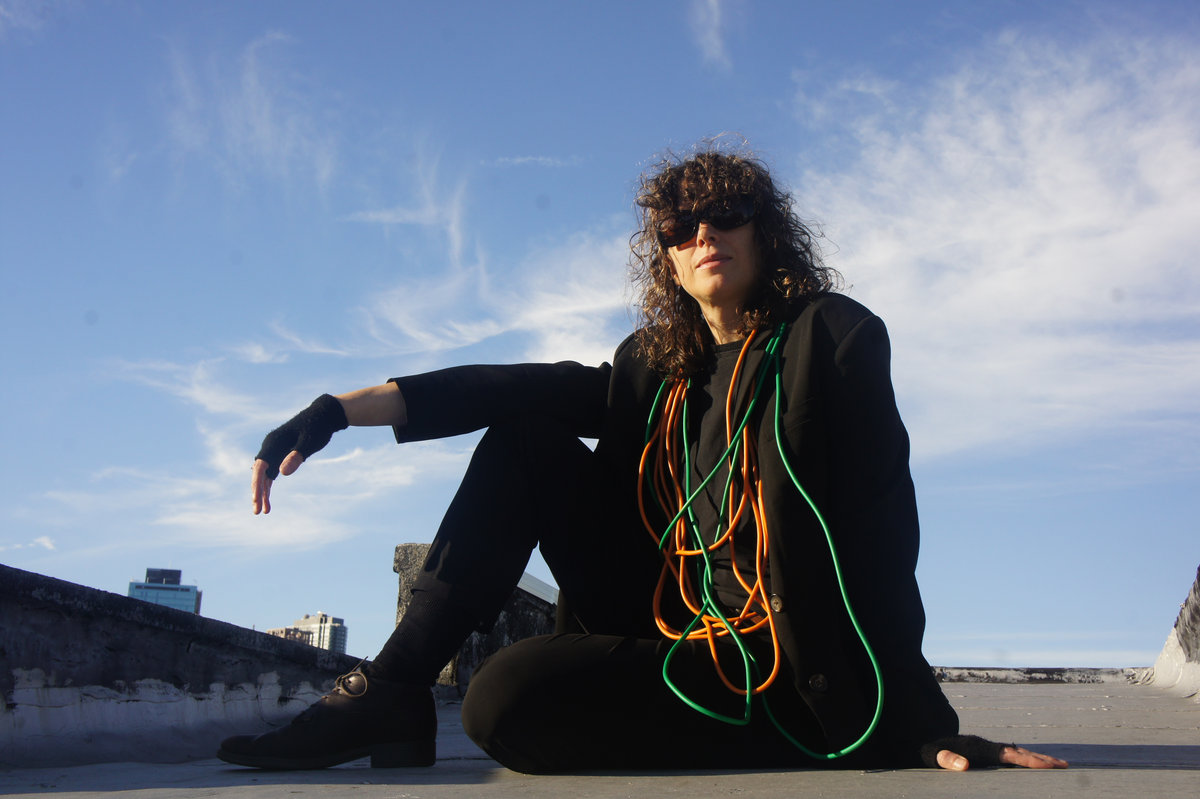
Ka Baird, no longer in Chicago Kim Gordon, The Collective. Proof that musicians can still produce career-defining work well into their 70s. Befittingly, this extends Kim’s legacy while simultaneously gleefully demolishing it.
Lynn Avery and Cole Pulice, Phantasy and Reality. I was a fan of Avery and Pulice’s standout ambient-jazz release To Live & Die In Space & Time, from 2022, but this new one exceeds it in just about every regard. Beguiling.
Taylor Deupree / Joseph Branciforte, sti.ll. Branciforte took Deupree’s gloriously murky electronic ambient release stil., from 2002, and somehow managed to notate + arrange it for acoustic instruments (clarinets, vibraphone, shaker, cello, and more). An incredible accomplishment, attentive to the smallest details of sound.
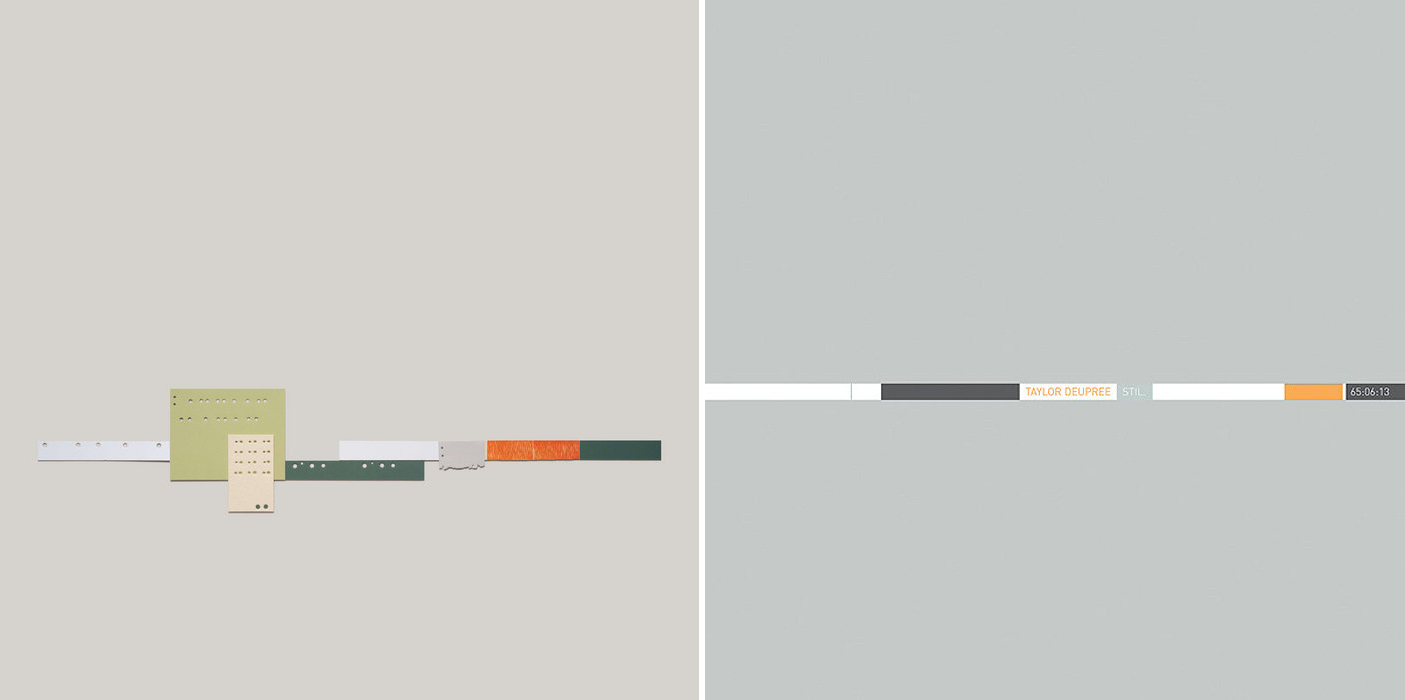
sti.ll (L); stil. (R) Wadada Leo Smith and Amina Claudine Myers, Central Park's Mosaics of Reservoir, Lake, Paths and Gardens. If Gordon’s release is proof that you can maintain creative vitality into your 70s, try this release, which proves that you can do it into your 80s. Trumpeter Smith is 83, pianist Myers 82, and yet this release sounds more powerful and intentional than nearly anything else that came out this year. It also has the singular best title. From the very first track this album is immediately arresting, and it never wavers.
I’ll leave it there. Thanks for reading. See you in 2025. Until then, remember: a fascist regime can do a lot of harm, but they don’t last forever. Most don’t even last very long.
—JPB, writing from Chicago, IL, in the week ending Wednesday, December 18
![Wednesday Investigations [2:15]: Blind spots, part two](/content/images/size/w960/2025/05/jeph-jerman.jpg)
![Wednesday Investigations [2:14]: Blind spots](/content/images/size/w960/2025/05/takehisa-kosugi.jpg)
![Wednesday Investigations [2:13]: Andrew CS](/content/images/size/w960/2025/04/andrew-cs.jpg)